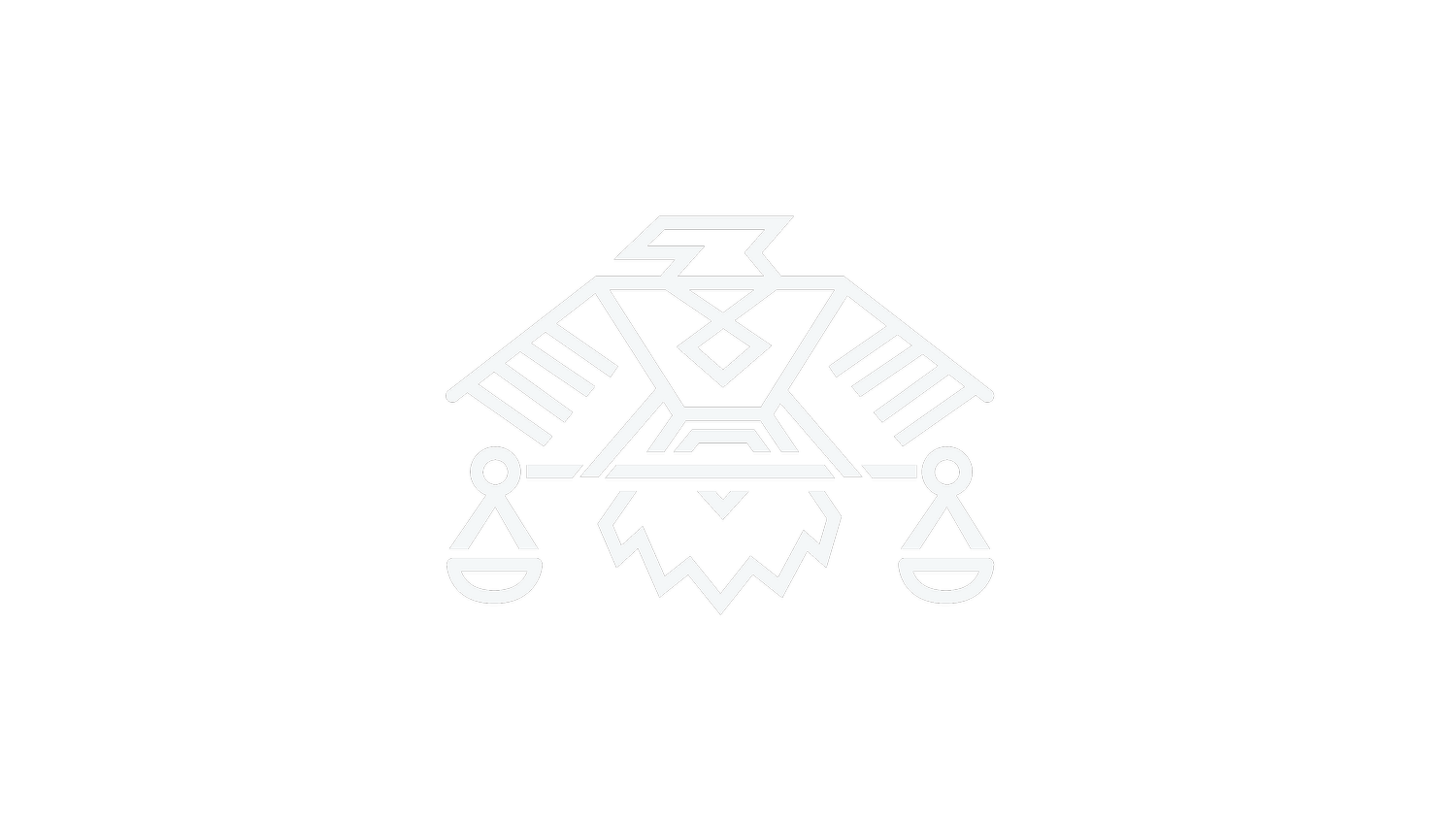IN THE WAKE OF THE WET’SUWET’EN RESISTANCE, THE IBA CALLS FOR SUBSTANTIVE IMPLEMENTATION OF UNDRIP INCLUDING CONSENT, CONSULTATION, AND COOPERATION WITH INDIGENOUS PEOPLES
For Immediate Release
December 17, 2021
OTTAWA, ON – The Indigenous Bar Association in Canada (the “IBA”) calls upon the provincial Crown to work in partnership with Indigenous Peoples to substantively implement the United Nations Declaration on the Rights of Indigenous Peoples (“UNDRIP”). This is urgently needed relating to decisions and actions affecting Indigenous Peoples’ lands and waters.
As per our February 2020 news release, it bears repeating that the rule of law is a foundational principle in Canada and that the laws of the Wet’suwet’en Nation form an integral part of Canada’s legal pluralism. Moreover, in the wake of the ongoing resistance by certain members of the Wet’suwet’en Nation against the Coastal Gaslink Project, the IBA is of the view that (i) the federal and British Columbia governments have not delivered on their promise to substantively implement UNDRIP; and (ii) the use of excessive force in interactions with protestors and land defenders seeking to prevent pipeline development betrays a blatant disregard for the rule of law.
It has been more than two years since British Columbia committed to implementing UNDRIP by passing the Declaration on the Rights of Indigenous Peoples Act, SBC 2019, c 44. British Columbia is the only province to do so since Canada endorsed UNDRIP in 2016. While Canada enacted the United Nations Declaration on the Rights of Indigenous Peoples Act, SC 2021, c 14 in June 2021, the suppression and outright denial of Indigenous laws and the rights of Indigenous Peoples have continued across our nation due to the governments’ failure to take real action to achieve the objectives of UNDRIP.
The ongoing dispute in Wet’suwet’en Territory illustrates the risks that arise when governments pass legislation in the absence of a meaningful, detailed strategy, or ostensible long-term commitment, to implement the same. Indigenous Peoples have the right to conserve and protect the environment and the productive capacity of their lands, territories, and resources. A failure to recognize these rights and resolve Aboriginal title claims will only lead to further disagreements and contention. As stated by Ms. Navi Pillay, United Nations High Commissioner for Human Rights in August 2013:
Rights of [I]ndigenous [P]eoples are frequently the first victims of development activities in [I]ndigenous lands, often pursued with no regard to the principle of free, prior and informed consent…
The adoption of measures that may affect Indigenous peoples without obtaining their free, prior, and informed consent amounts to a blatant disregard of their rights; it signifies that the enactment of UNDRIP-related legislation by federal and provincial governments was nothing more than a hollow gesture, thereby undermining Indigenous Peoples’ trust in the rule of law in Canada.
Further perpetuating this lack of trust is the disproportionate use of force displayed by Canadian law enforcement in the interactions with protestors and land defenders on and surrounding Wet’suwet’en Territories. British Columbia’s stated commitment to reconciliation pales in comparison to the acts of violence, abuse of authority, and adversarial approaches stemming from this dispute. The violence places Indigenous community members in peril, including Elders and Indigenous women who already face a disproportional risk to their safety.
Any available legal resources should be devoted to responding to the climate disasters occurring across our country. Climate change is a global crisis that must be addressed in part by Canada through all levels of government and law enforcement, and using law enforcement to further corporate environmental economic development is the pinnacle of hypocrisy.
The Wet’suwet’en dispute highlights the need for the federal and provincial governments to take immediate action to implement UNDRIP, therefore signifying their respect of Indigenous laws, legal orders, rights, and capacities. In doing so, these governments must remember that the honour of the Crown and UNDRIP require these processes to be implemented in partnership with Indigenous Peoples. It is time for federal and provincial governments to act with transparency, predictability, and accountability rather than hiding behind the empty words of passed and forgotten legislation.
The IBA is a national non-profit association comprised of Indigenous lawyers (practicing and non-practicing), legal academics and scholars, articling clerks and law students, including graduate and post-graduate law students. Our mandate is to promote the advancement of legal and social justice for Indigenous Peoples in Canada and the reform of laws and policies affecting Indigenous Peoples. The IBA respects the self-determination of Indigenous Peoples; we cannot speak on behalf of the Wet’suwet’en, nor will we attempt to do so.
For more information, please contact IBA President Drew Lafond (dlafond@indigenousbar.ca) or visit www.indigenousbar.ca.

